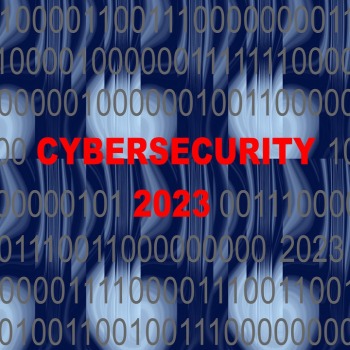
Small, medium-sized and large companies in Germany have decided to allocate a larger part of their IT budget to cyber security over the next three years, as Kaspersky's current IT Security Economics Report shows.
With increased investments of up to eight percent, companies want to take account of the increasingly complex IT infrastructure, improve the expertise of security specialists and prepare for geopolitical and economic uncertainties.
More spending on IT security
Although the increasing use of digital technologies and the constantly changing threat landscape have increased interest in cyber security and led to improvements in IT security worldwide, around 12,8 percent of companies in Germany gave this topic less priority.
Now there seems to be a rethink. According to a Kaspersky survey, the average IT budget of large companies was $7,5 million last year, of which $150.000 million was used for cyber security; SMBs invest $750.000 in IT security, with an average annual IT budget of $XNUMX.
Challenges: data protection and cloud
With the increased investments, they are likely to want to tackle the biggest pain points in particular. According to their own statement, data protection (64 percent) and the introduction of cloud infrastructures (50 percent) are the biggest challenges in terms of IT security. They also dealt with downtime and lack of productivity due to incorrect planning (31 percent) and business process outsourcing (29 percent).
"Loss of reputation, delivery of defective products or even an interruption in production - all of these ultimately have financial effects that can damage a company," explains Waldemar Bergstreiser, Head of B2B Germany at Kaspersky. “In the worst case, companies must expect a drop in sales and a loss of trust from current and future partners and customers. Companies do best with a multi-layered cybersecurity approach that includes both technical solutions and expert services such as threat intelligence. In addition, the topic of employee training, as cybersecurity awareness, should not be neglected.”
Endpoint protection at priority
To maximize the return on cybersecurity investments and minimize the risk of cyberattacks and data breaches, organizations should deploy effective endpoint protection with threat detection and response capabilities like those provided by the Kaspersky Enterprise Security portfolio. With Kaspersky Expert Security, companies with a mature IT security structure also receive anti-APT, up-to-date threat intelligence and special professional security training.
More information on corporate IT security costs and budgets in 2022 can be found on Kaspersky's interactive IT Security Calculator.
More at Kaspersky.com
About Kaspersky Kaspersky is an international cybersecurity company founded in 1997. Kaspersky's in-depth threat intelligence and security expertise serve as the basis for innovative security solutions and services to protect companies, critical infrastructures, governments and private users worldwide. The company's comprehensive security portfolio includes leading endpoint protection as well as a range of specialized security solutions and services to defend against complex and evolving cyber threats. Kaspersky technologies protect over 400 million users and 250.000 corporate customers. More information about Kaspersky can be found at www.kaspersky.com/
